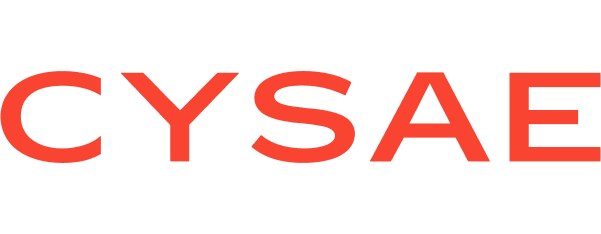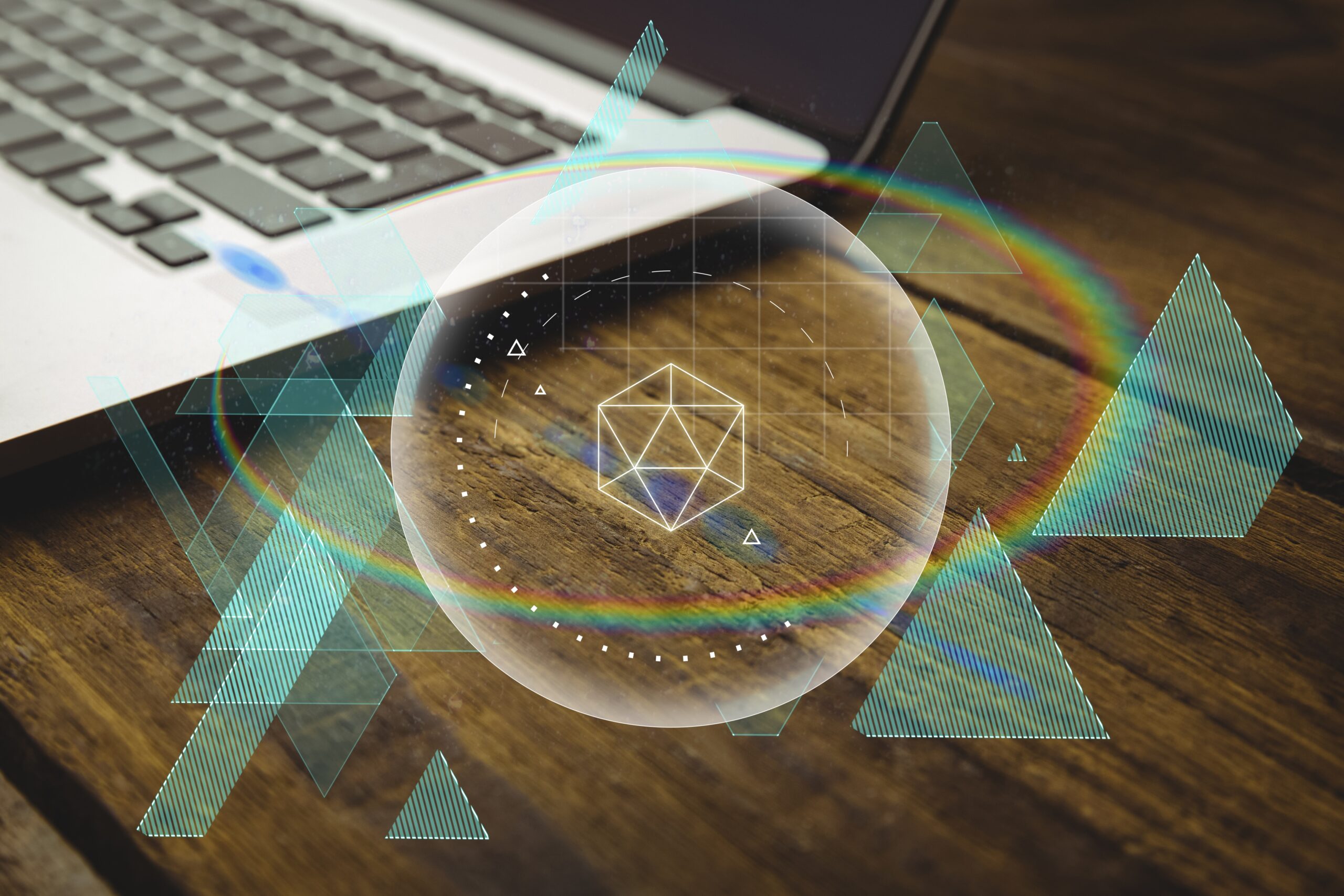In recent years, Decentralized Autonomous Organizations (hereinafter, “DAOs”) have gained prominence thanks to blockchain technology, which has enabled the creation of new business governance models.
A DAO is an organizational structure governed by smart contracts on a blockchain. Through these contracts, decision-making processes and fund management are automated, eliminating the need for intermediaries or a central hierarchy. Governance is carried out in a decentralized manner, where token holders have the power to vote and decide on the future of the organization. These tokens could, in some cases, be compared to traditional company shares, granting voting rights and participation in decision-making.
Smart contracts can be defined as a computer program that executes agreements established between two or more parties, making certain actions occur as a result of a set of specific conditions being met.
Regarding the operation of DAOs, the first step for those who want to participate is to obtain the governance tokens that are used within the DAO, either through exchange platforms or directly from the organization. The number of tokens acquired, in relation to the total number of existing tokens, is usually tied to the decision-making power within the organization. Once obtained, users can vote on proposals or present new initiatives from a decentralized wallet, which acts as an identifier within the DAO.
Additionally, some members who meet certain requirements, such as holding a minimum number of tokens, can propose changes to the DAO, such as adjustments to governance rules, funding for projects, or strategic decisions.
One of the main characteristics and advantages of DAOs is their decentralization. Unlike traditional companies, DAOs allow decision-making to be distributed among all token holders. This fosters inclusion and equity in the governance process.
Another key feature of DAOs is their transparency. Transactions and decisions are recorded on a blockchain network, allowing full and public access to them. This level of transparency reduces the risk of fraud and fosters trust among participants.
Finally, democratic governance stands out, as every decision in a DAO is put to a vote. Token holders can propose, discuss, and vote on proposals, ensuring that decisions reflect the collective interests of the community.
However, despite their advantages, DAOs also face several challenges. From a legal standpoint, many jurisdictions have yet to define a clear regulatory framework for these types of organizations. The lack of legal personality in many DAOs raises questions about the responsibility of token holders and the management of conflicts.
Although the principle of DAOs is decentralization, in practice, large token holders can concentrate significant power, reducing the effectiveness of the democratic model. The decentralized framework of DAOs often slows down the decision-making process, as each change requires consensus or a majority vote. This can be problematic in environments where quick responses are needed or when adapting to regulatory or market changes.
In any case, DAOs represent a paradigm shift in the way entities are organized and managed.
As blockchain technology continues to evolve, it is likely that we will see an increase in its adoption, which will present new legal challenges. These types of organizations are at the forefront of a more transparent, inclusive, and democratic future.




